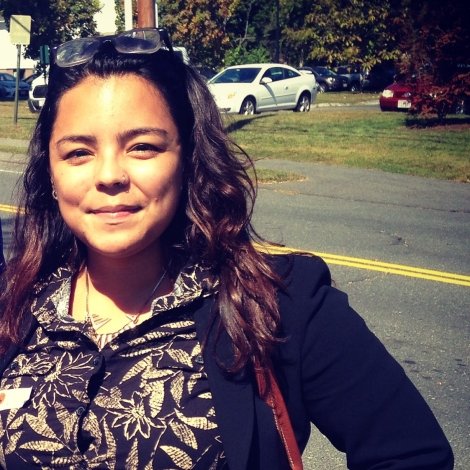Latinx Studies
Undergraduate
The Latinx Studies minor provides an interdisciplinary exploration of the history, culture, and experiences of Latinx in the United States.
Program Overview
With a presence in the Americas spanning seven centuries, Latinx are the largest "minority" in the U.S. and reflect a cultural complexity that includes mode of incorporation to the U.S., cultural productions, political agency, and heterogeneous racial, gender, sexual, class backgrounds and citizenship statuses.
Our curriculum includes modes of incorporation to the US, citizenship statuses, cultural productions, political agency, and examinations of heterogeneous racial, gender, social, sexual, and class backgrounds. Latinx Studies looks at current issues that affect our communities, including educational equity, social problems, social movements, crime and justice, community organizing and transculturation. Courses in Latinx Studies place a premium on critical thinking and comparative analyses, as well as historical and contemporary engagement with society.



